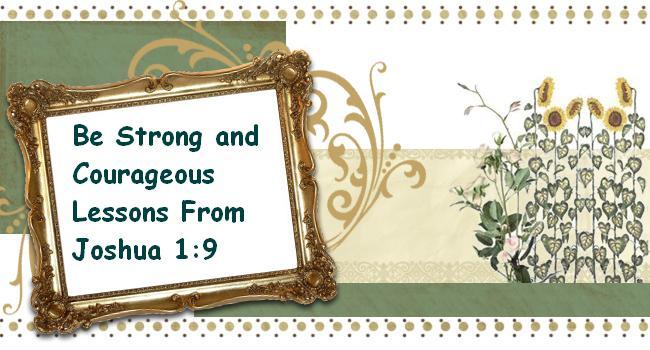Grace Thru Faith
Wednesday 13 Nisan. The Betrayal
Now the Feast of Unleavened Bread, called the Passover, was approaching, and the chief priests and the teachers of the law were looking for some way to get rid of Jesus, for they were afraid of the people. Then Satan entered Judas, called Iscariot, one of the Twelve. And Judas went to the chief priests and the officers of the temple guard and discussed with them how he might betray Jesus. They were delighted and agreed to give him money. He consented, and watched for an opportunity to hand Jesus over to them when no crowd was present. (Luke 22:1-6)
Much has been written about the motives that drove Judas to betray the Lord. Some say His intentions were honorable while others say they weren’t, but the Bible is silent on the issue. What it does say is that the betrayal came as no surprise. Jesus had already predicted it. Then Jesus replied, “Have I not chosen you, the Twelve? Yet one of you is a devil!” (He meant Judas, the son of Simon Iscariot, who, though one of the Twelve, was later to betray him.) (John 6:70-71).
Some of the disciples asked Jesus where He wanted to celebrate the Passover because as soon as the sun set it would be Thursday, the 14th of Nisan.
He told them, “Go into the city, and a man carrying a jar of water will meet you. Follow him. Say to the owner of the house he enters, ‘The Teacher asks: Where is my guest room, where I may eat the Passover with my disciples?’ He will show you a large upper room, furnished and ready. Make preparations for us there.” (Mark 14:13-15)
Thursday 14 Nisan. The Crucifixion, Passover
When evening came, Jesus arrived with the Twelve. While they were reclining at the table eating, he said, “I tell you the truth, one of you will betray me—one who is eating with me.”
They were saddened, and one by one they said to him, “Surely not I?”
“It is one of the Twelve,” he replied, “one who dips bread into the bowl with me (Mark 14:17-20).
John 12:26-30 confirms that it was Judas, who went out to alert the authorities as soon as he had taken the bread. His betrayal was a fulfillment of Psalm 41:9, written by David 1,000 years earlier. Even my close friend, whom I trusted, he who shared my bread, has lifted up his heel against me.
During the meal, which was eaten at the same time Moses and the Israelites had eaten the first Passover in Egypt, Jesus introduced the New Covenant. He took bread and said it represented His body, given for us, and the wine in the cup He held represented His blood, shed for the remission of sin. He said whenever we eat of the bread and drink of the cup we proclaim the Lord’s death until He comes (1 Cor. 11:23-26). From that day to this, Christians have celebrated communion on a regular basis, each time looking back to the cross, where He died in our place, and forward to the crown, with its promise of eternal life. Paul called it the crown of righteousness, which the Lord will award to all who have longed for His appearing (2 Tim. 4:8).
Blessings,

No comments:
Post a Comment